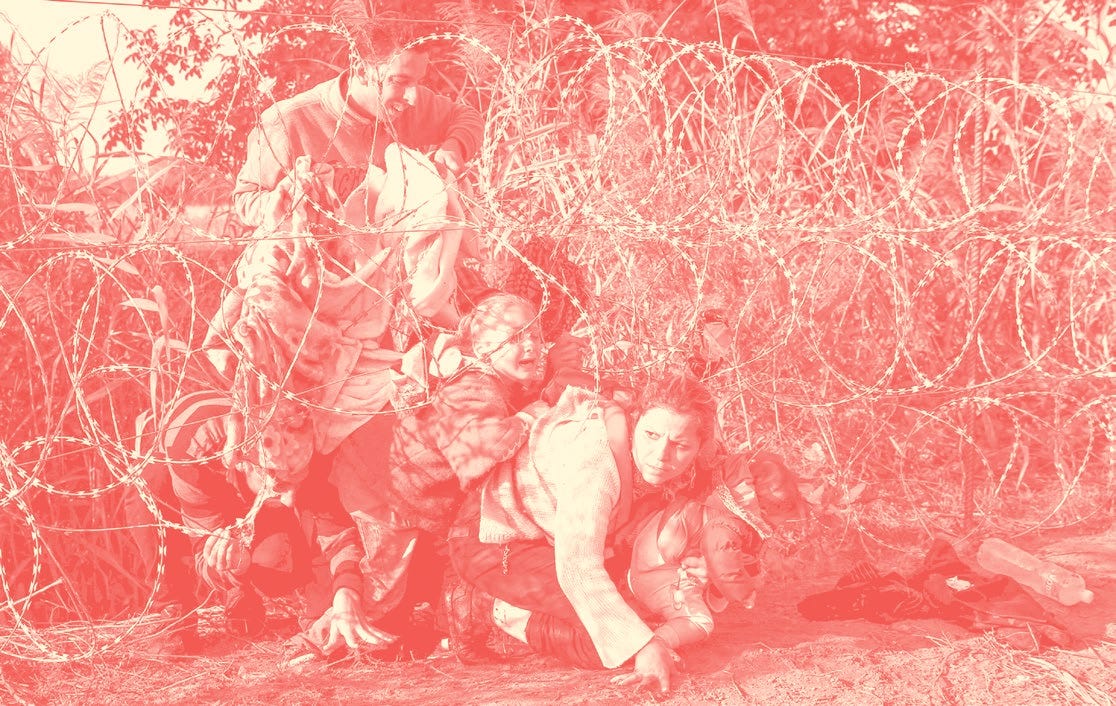A Hot Mess: The Rise of the Far-Right — A Symptom of our Earth System Crisis
Everywhere we look we see the overlap of accelerating crises – climate-related disasters, a pandemic, war in Europe, the cost of living, energy, food scarcity.
To mark another year of record-breaking climatic events, Byline Supplement is republishing its exclusive series of articles from the August 2022 edition of Byline Times. For the latest, subscribe here
Western politics has shifted relentlessly in recent years towards the normalisation of authoritarianism. The liberal heartlands of Western democracies have increasingly absorbed and mainstreamed the once marginal politics of the far-right.
In 2014, far-right parties won 172 seats in the European elections – just under a quarter of all seats in the European Parliament. Two years later, the vote for Brexit shocked the world – followed by the election of Donald Trump as President of the world’s most powerful country.
Like the Conservatives in the UK, the US Republicans had forged transatlantic connections with European parties and movements of the extreme-right. Since then, far-right parties have made continued electoral gains across Europe in Italy, Sweden, Germany, Austria, France, the Netherlands, Denmark, Poland, Hungary and elsewhere. Far-right politics is no longer the province of the fringe, but has become a staple of power.
The sudden shift in American, British and European national attitudes was the result of a complex chain of causality – stretching from the Middle East and north Africa, where the profound impacts of a deep crisis was unfolding beneath the radar.
In 2016, Europe was experiencing an unprecedented surge in migration from war-torn countries. The year before, 1.3 million people had arrived on Europe’s shores requesting asylum, the highest number since the Second World War. The majority of the asylum seekers were Syrian, with a fifth from Afghanistan and a tenth from Iraq.
The series of wars that escalated across these regions was instrumental in mobilising the politics of fear into political victory for politicians such as Nigel Farage. According to a British Social Attitudes survey, 73% of Britons who expressed fears about immigration voted Leave. The xenophobia of Trump’s campaign was also clear to see. In ads promising to end “massive illegal immigration”, he used images of Syrian refugees travelling through Hungary to Austria.
The drivers behind this migration can be traced back to the rapid descent of parts of the Middle East into protracted conflict.
Among the underlying triggers for the regional violence focused on Syria was a convergence of energy and climate crises.





